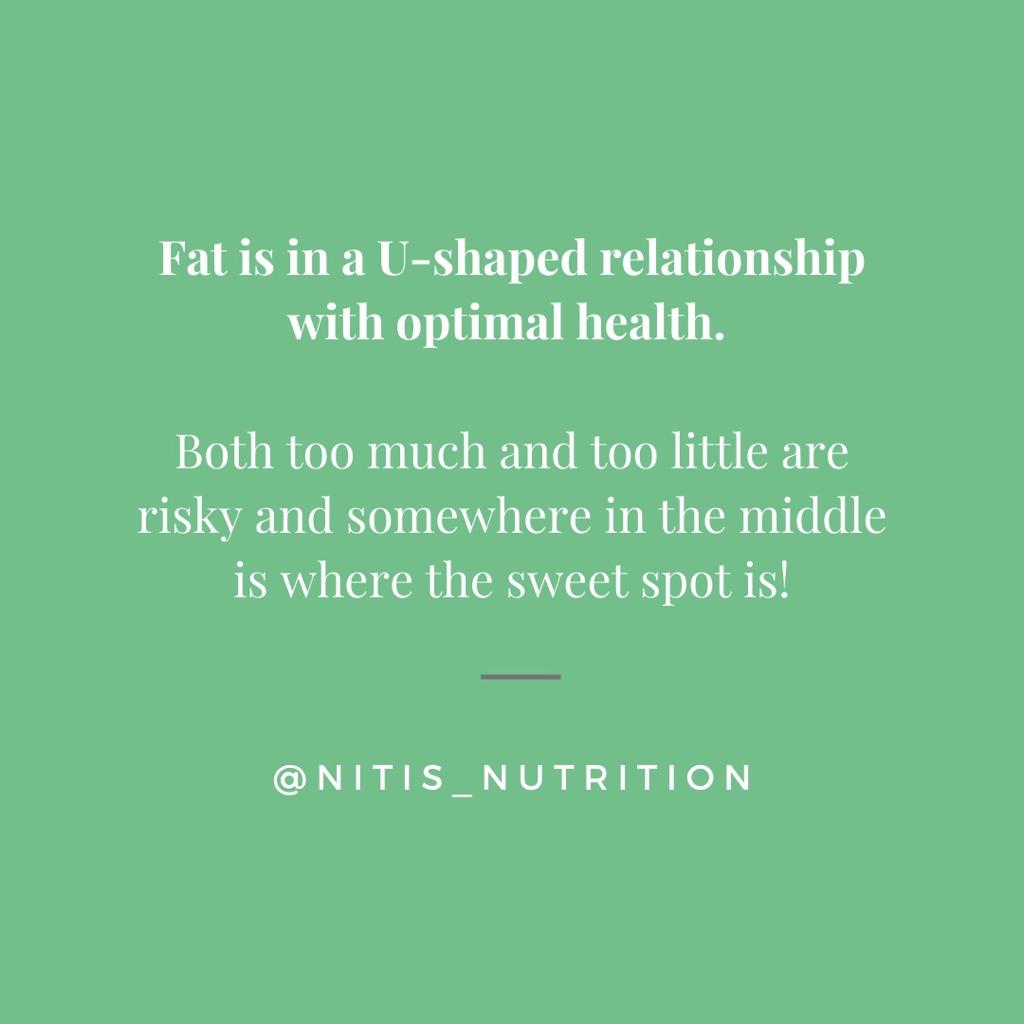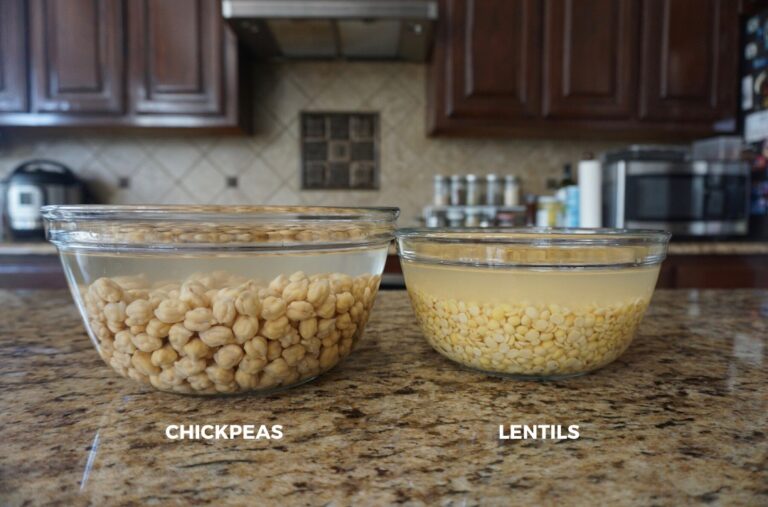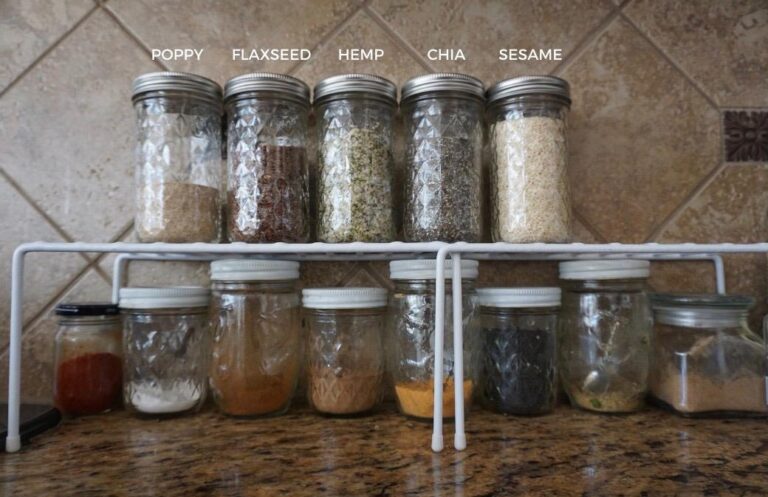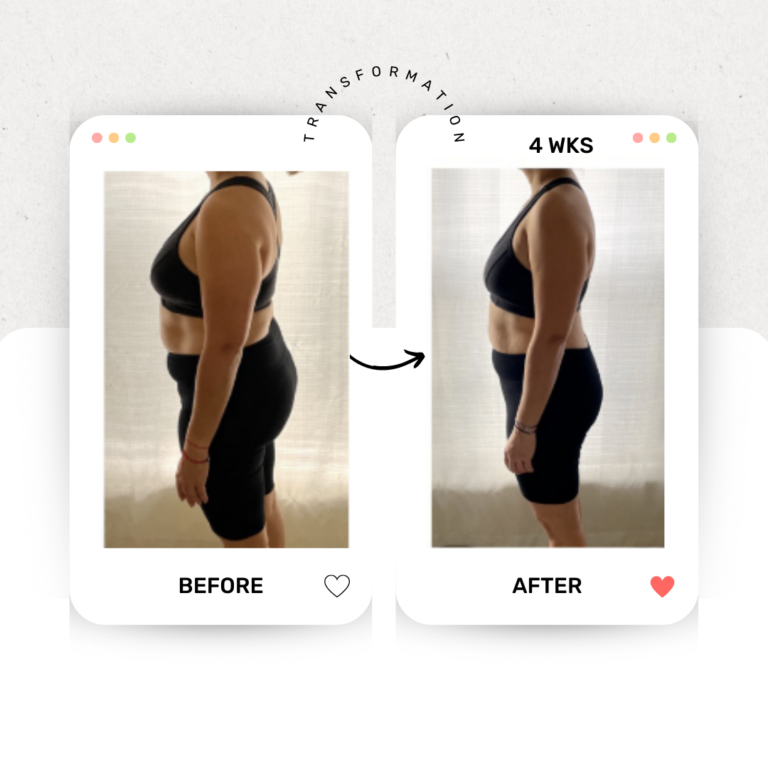For the longest time, we have had a love-hate relationship with fats! We went from eating fats to banishing fats with a low-fat diet to adding lots of fat with keto and sometimes we hear the trend for no-fat/oil-free diet. But none of the shifts have made us healthier as a society.
As we know, fat is a major source of energy and helps us absorb some vitamins and minerals. For long-term health, fat is needed to build the vital exterior of each cell, and the sheaths surrounding nerves. Fat is also essential for blood clotting, and muscle movement.
With all those physiological functions that fat helps in, we know that getting some fats from the diet is important for health, and thinking of it to be either a friend or foe would be extreme. The answer to how much fat to consume is somewhere in the middle💛 Before we can determine the right amount of fat to consume, first know the kind of fats out there.
Fats can be broadly classified into 1️⃣ Saturated fats 2️⃣ Unsaturated fats 3️⃣ Dietary cholesterol and 4️⃣ Trans fat.
An easy distinction between the two widely used fat sources is that saturated fat is solid at room temperature 🧈 (some examples would be ghee, butter, coconut oil, etc.) while unsaturated fat sources are liquid💧 (examples of which would be olive oil, avocado oil, sesame oil, etc).
👉🏼 Our body needs saturated fats for physiological functions but makes more than enough to meet the needs meaning there is no dietary requirement for the consumption of saturated fats. Intake of saturated fats should be limited to less than 10% of daily caloric intake. The foods rich in saturated fats are those containing meat and cheese like pizza, burgers, sandwiches, etc and so watching the portion size is important.
👉🏼 Strong and consistent evidence shows that replacing saturated fats with unsaturated fats like those found in avocado and olive oil is associated with a reduced risk of CVD. ✨Therefore, saturated fats in the diet should be replaced with unsaturated fats when possible for better health as recommended in the 2015-2020 Dietary Guidelines for Americans(DGA)👍
👉🏼 Cholesterol is an essential component of the cell membrane and necessary for the structural integrity of cells. But since our liver can produce it in ample amounts dietary sources of cholesterol are not necessary. Hence, DGA recommends limiting consumption to <300 mg per day or as little as possible. Animal foods like dairy, eggs, poultry, and meat are rich sources of dietary cholesterol.
👉🏼 Trans fat is the manmade version of synthetic fat. The good news is in 2015 FDA recognized that trans fat is not safe and has made it mandatory for the food industry to remove partially hydrogenated oils in margarine and other packaged foods. So hopefully we do not need to read labels for trans fat anymore.
👉🏼 In summary, consume fat primarily from unsaturated fat sources like avocados, chia seeds, oily fishes, olive oil, etc. and lesser saturated fats (meat, cheese, butter) and dietary cholesterol since our body can make those and no trans fat for optimal health!❤️
I wrote another blog post to further explain unsaturated fats and choose your fat sources wisely. I am often asked if sunflower oil is healthy?
So I tried to answer that question in this blog. Click this link for another informative read https://back2basicsfxn.com/is-sunflower-oil-heart-healthy/
Fun fact: Do you know why Omega-3 and Omega-6 fats are called essential fatty acids?
They are both termed “essential” because our body cannot synthesize them, unlike saturated fats and cholesterol which our body can make, and hence it is essential to get it from the diet!
Bonus: A healthy fats recipe to enjoy – Rose-Vanilla Chia pudding







